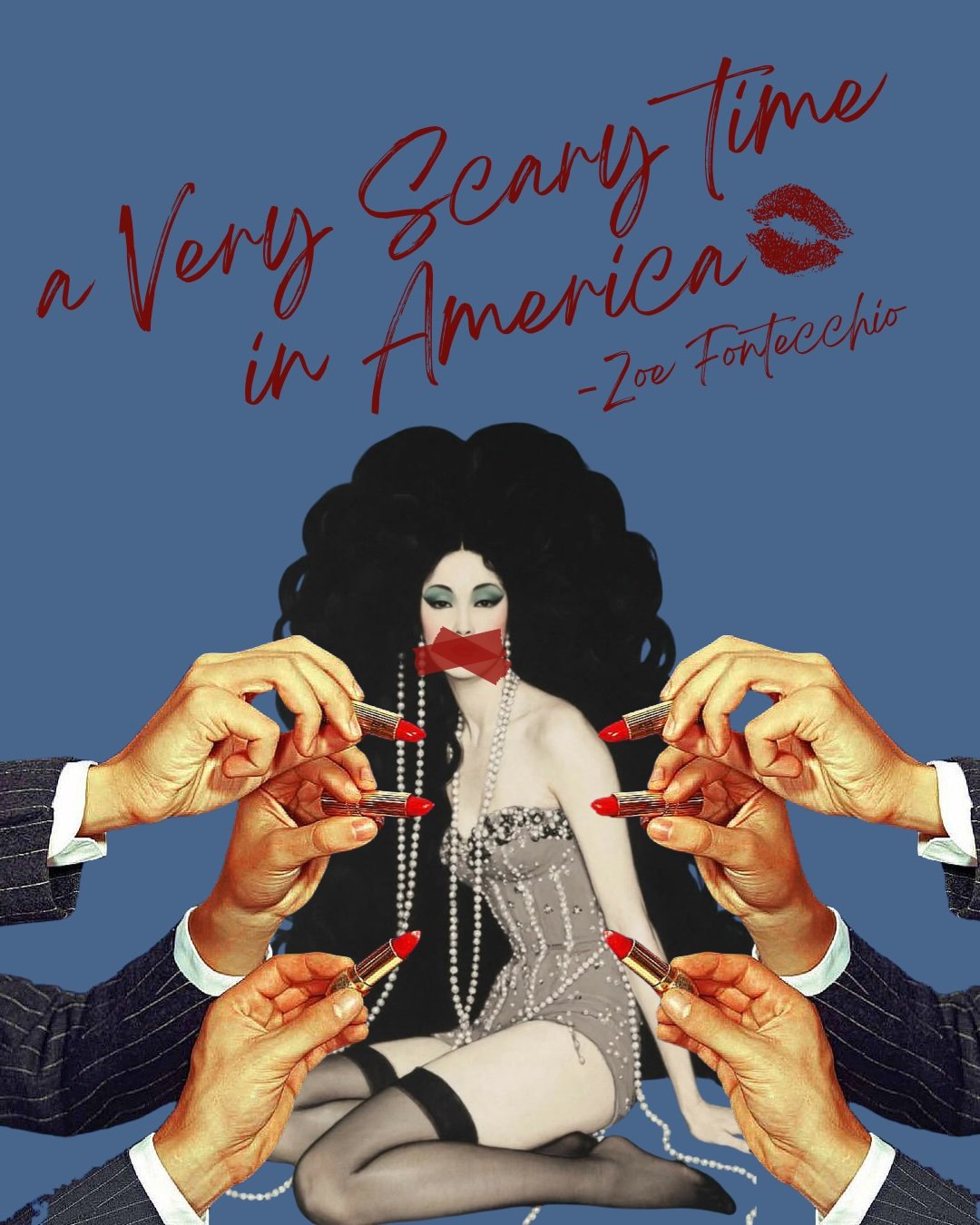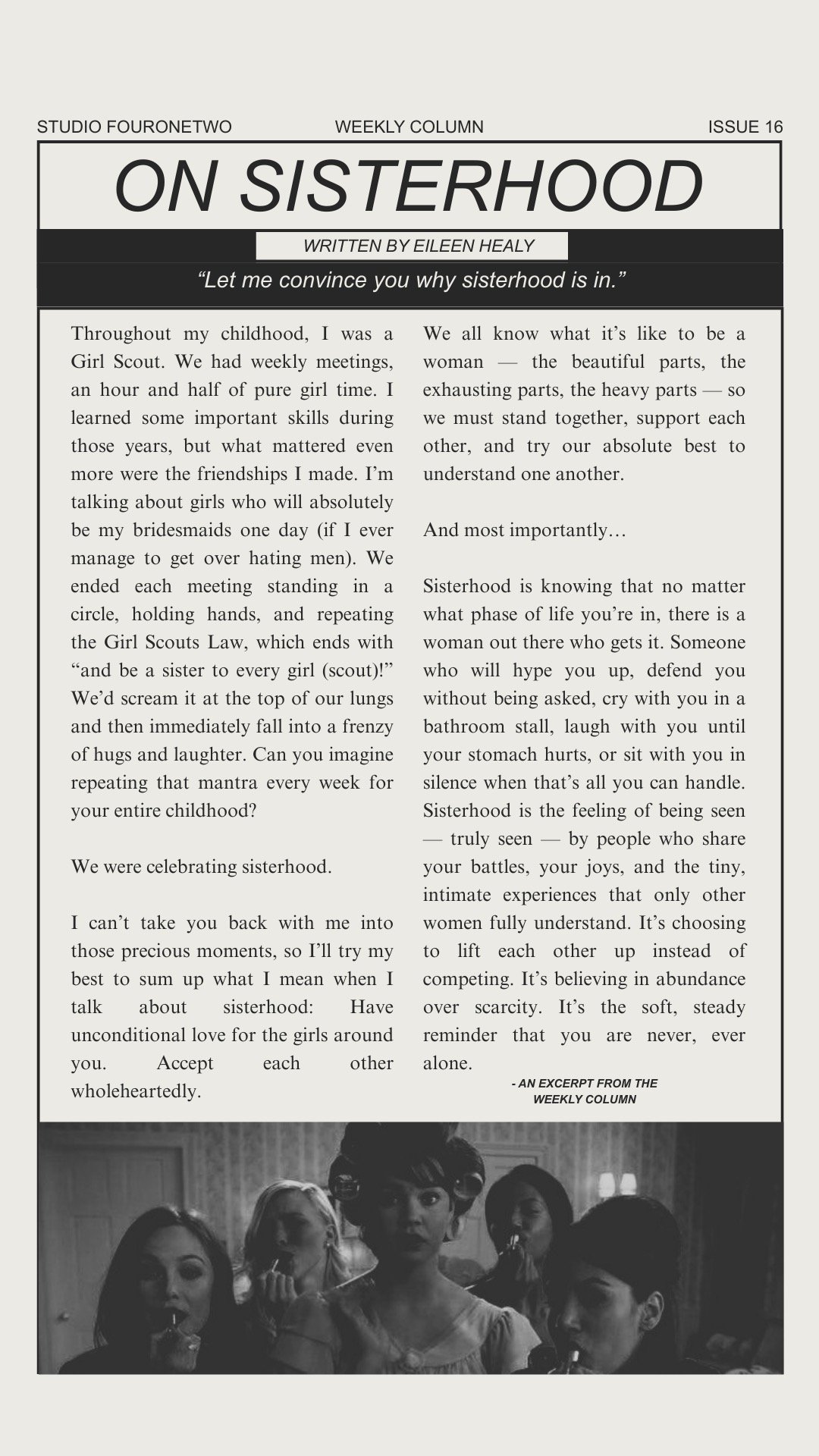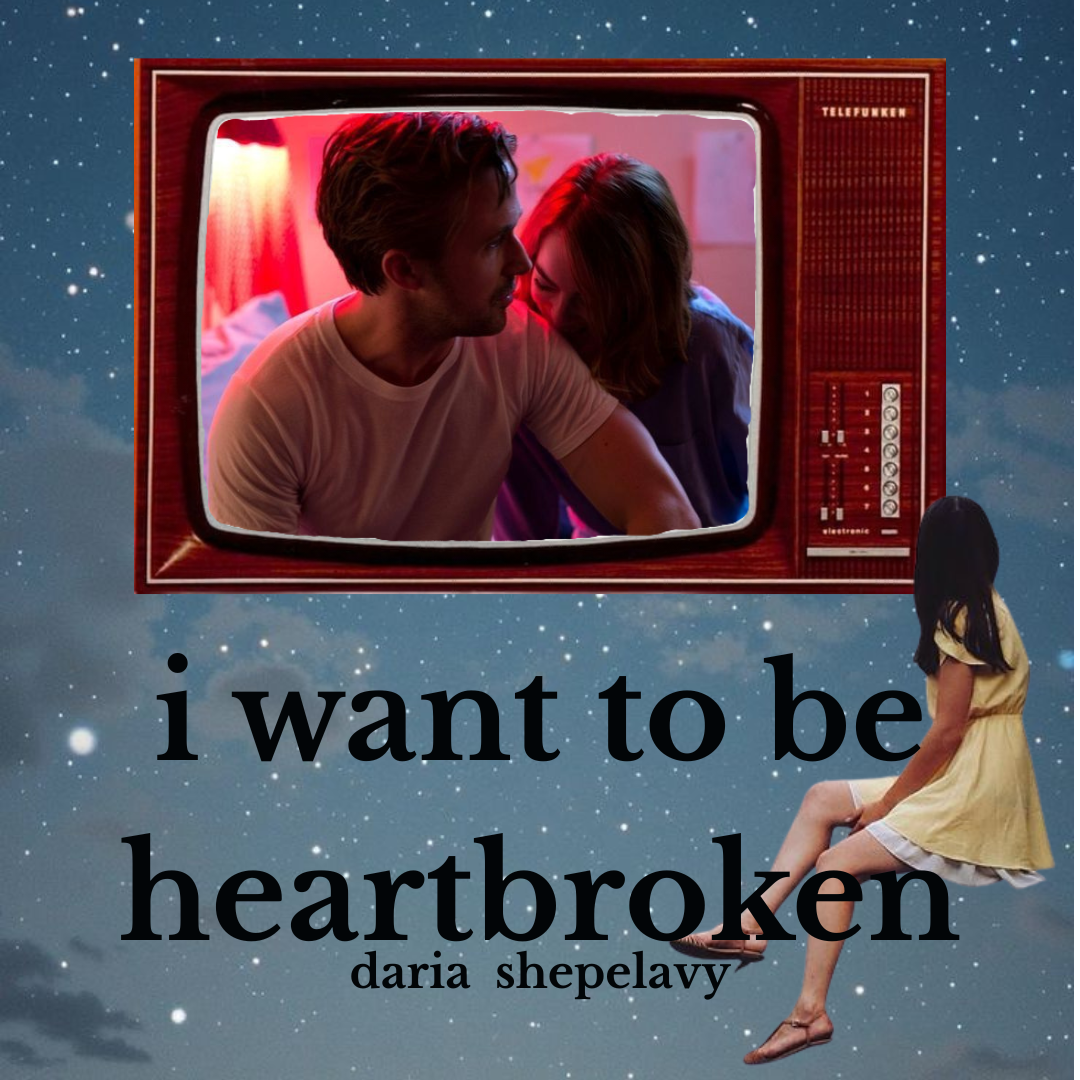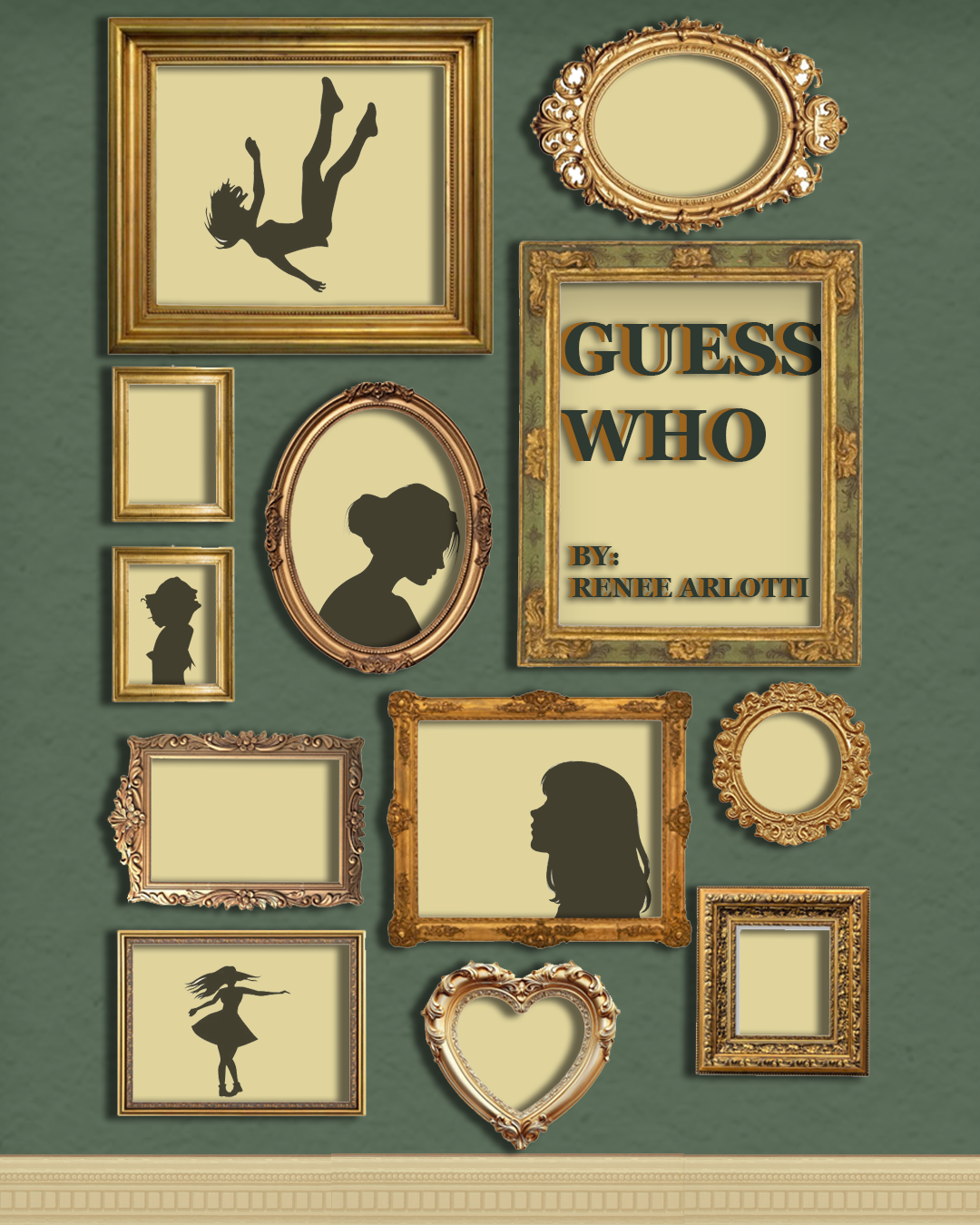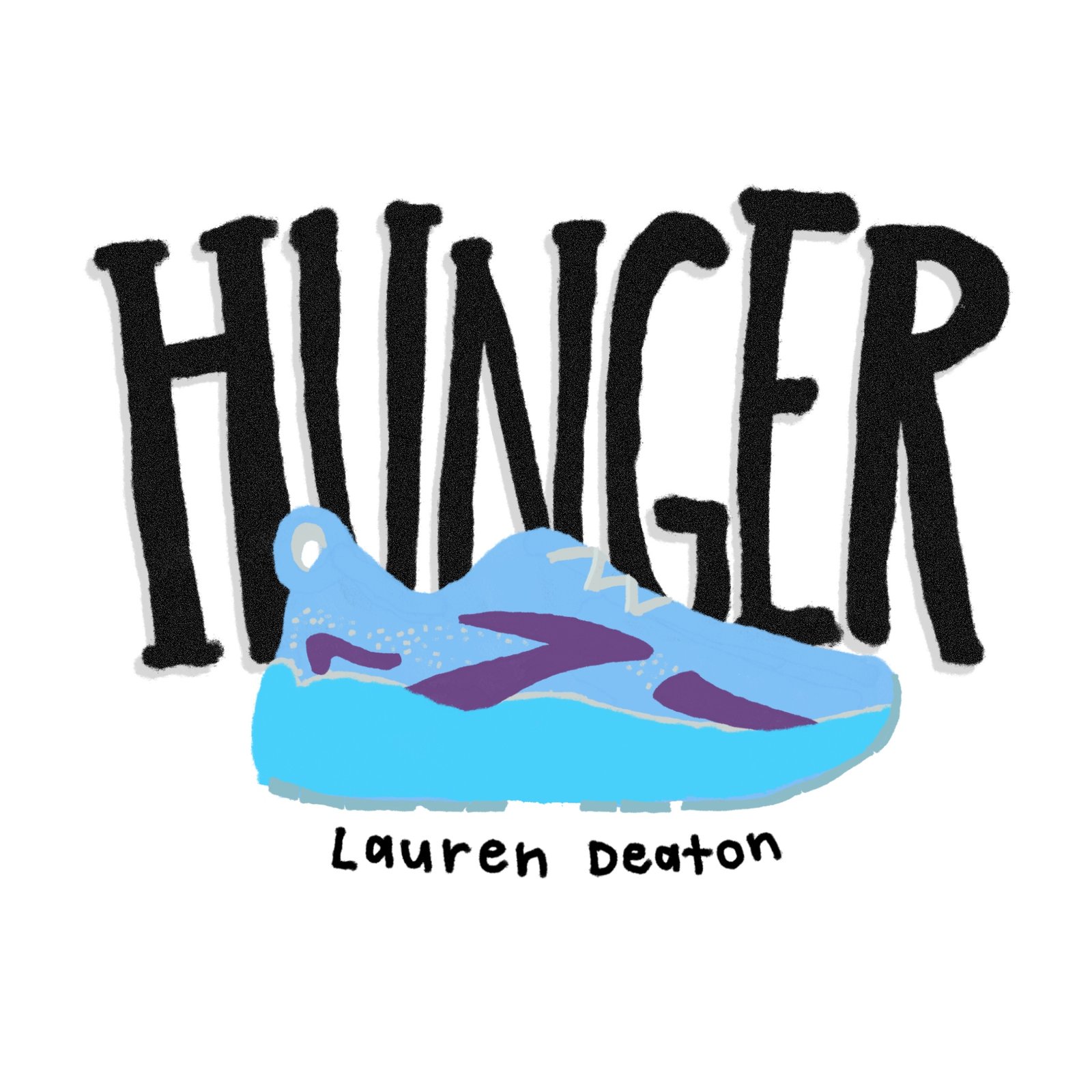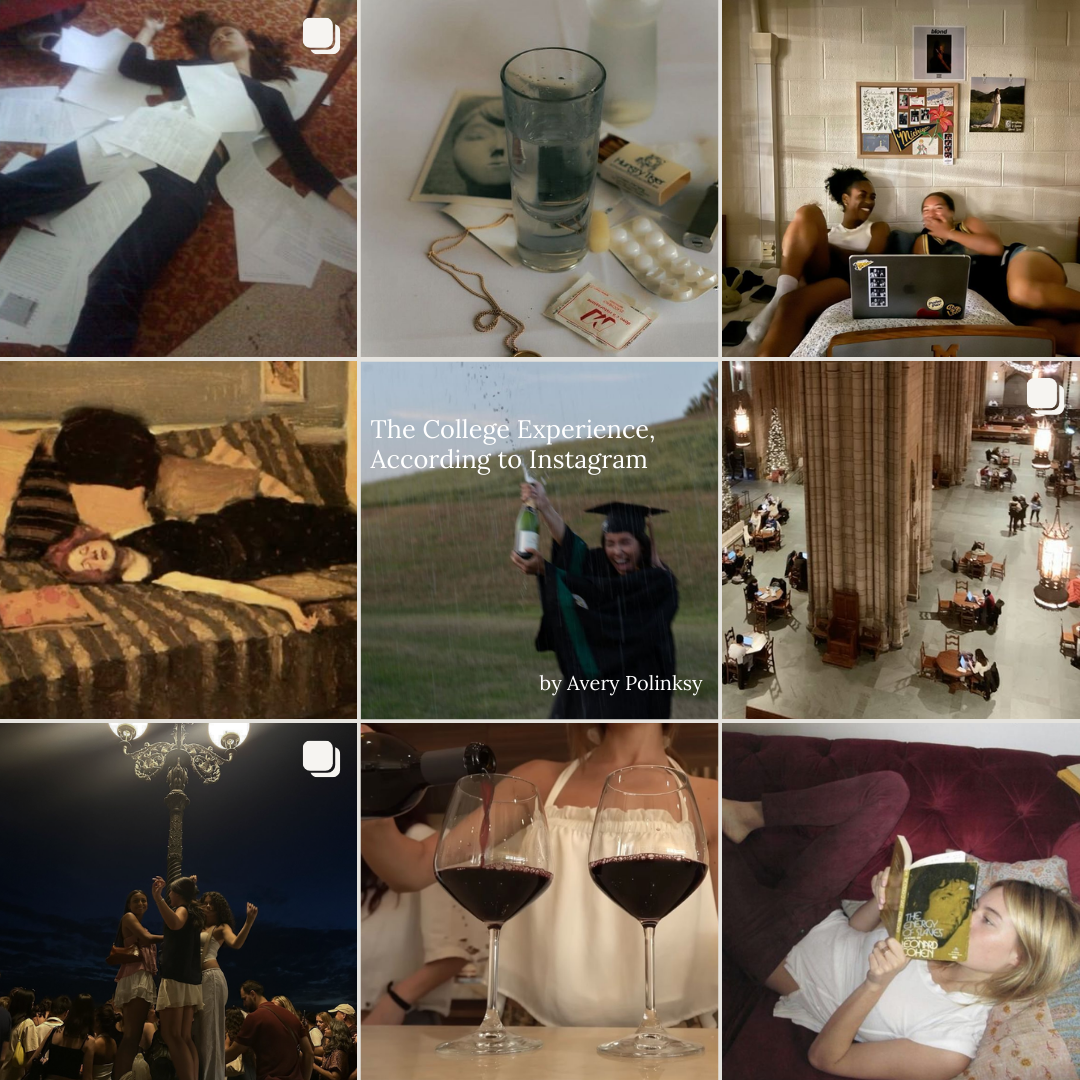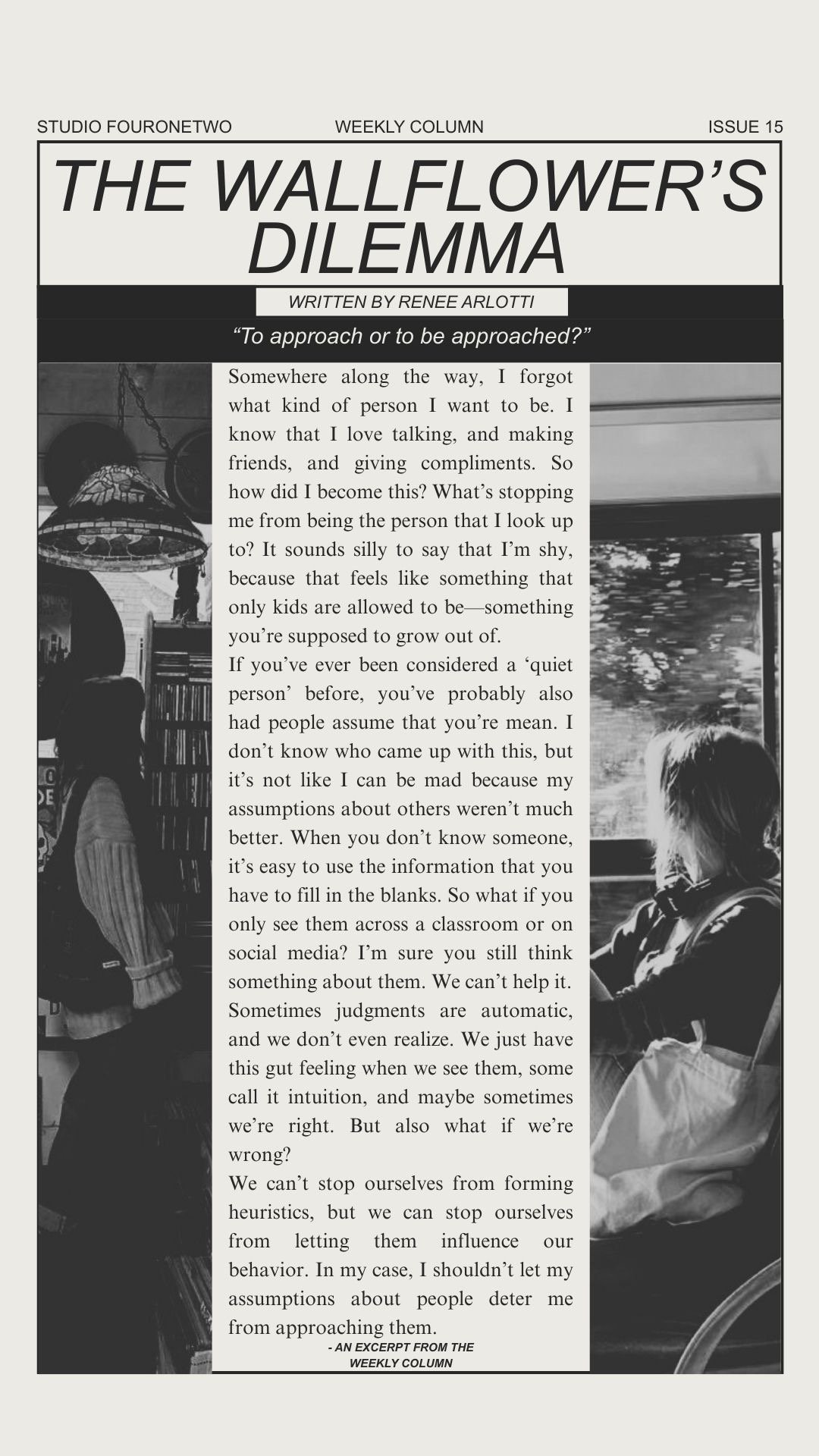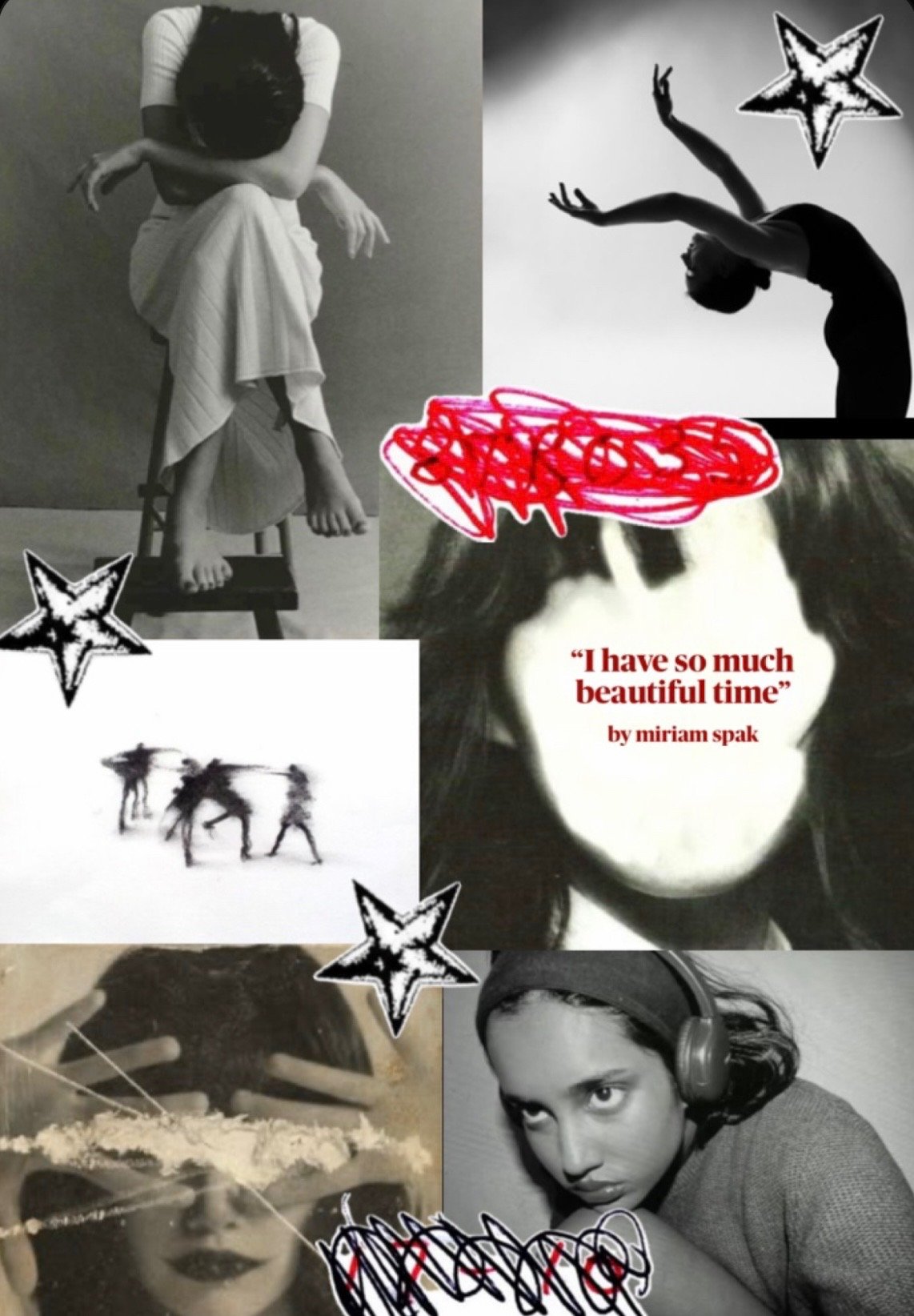I remember being in 7th grade when the term “tryhard” became a popular insult. I remember being taunted in algebra when raising my hand too many times, asking clarifying questions. Or when someone tried too hard in gym class, scoring too many goals. If you wore a dress on a day other than picture day. Or when the popular girls started wearing mascara. “Tryhard” was a term that the boys in my grade loved to throw around. It was never my female peers who said this about one another, but we were the ones who were torn apart because of it. The term was the boy's way of telling us they saw us working too hard, and it needed to stop. They thought we were trying too hard to impress them, when the truth of the matter is, we did these things for ourselves.
I attended an extremely competitive private preparatory school. People cried if they did not receive an A on their Latin exam and taunted each other if they did not make the science olympiad. While I’ll never know for sure, I feel like most other middle schoolers were not this obsessed with their academic performances and instead focused on their outfits or something more age-appropriate. Even though we were extremely encouraged to succeed at high levels, we were penalized when it seemed like we were displaying too much effort. We don’t want to seem like we are working hard, even though we were working ourselves to tears. I still do this now.
At 20 years old, the “tryhard taunt” that was the soundtrack of my adolescence still plays in my head. It’s cool to be effortless. It’s chic. The “cool girl” aesthetic so many people try to fit into is effortless. You have a loose blowout and slightly frizzy hair, not the neat pin curls of a pageant queen. You have slightly smudged eyeliner instead of a crisp, clean cat eye. As a person who has always been an overachiever and extremely type A, I’ve learned to shrug off the tryhard comments. I never want people to know how hard I am trying to seem perfect. To seem effortless. To seem cool. I’ve rarely, if not ever, felt any of those ways. Nothing has ever come easy to me. I’m a person who has had to work toward every single accomplishment. I’m tired, a lot. I don’t hide my undereye bags, only my accomplishments. If someone brings them up, I shrug them off and turn the conversation elsewhere. I don’t want to dominate the conversation and be a tryhard.
I’ve never been able to find comfort in the in between. I need a plan, and I need to know what’s happening. Maybe this has something to do with the fact that, as a child, I received an OCD diagnosis, or that I’ve always been extremely vocal about voicing my concerns and questions. I’ve never been okay with uncertainty. While this neurotic behavior has proved helpful in school, I have no shame in asking a teacher a clarifying question or advocating for myself; this intensity has spilled into every aspect of my life, leaving stains everywhere.
In high school, I had two boyfriends. I asked both of them on our first dates, and to start dating. My first boyfriend and I met the summer before my sophomore year, the start of his senior year. I remember the first time we kissed. I didn’t know what it meant afterwards. The next time I saw him, we had a shift together (we both were lifeguards at a local pool), and he drove me home. While I sat in his car, I remember having the most direct conversation ever. I simply turned to him and went, “So we kissed. And I like you, and you like me. Anything you want to ask me?” No flirting, no room for confusion. Direct and to the point. Although our relationship started direct, it quickly descended into a period of uncertainty and grey area. We never broke up; he just stopped responding to me and moved to college after we dated for a year. Needless to say, this was a tumultuous time for my 16-year-old self, who does not handle confusion well and had never been broken up with before. I couldn’t ascribe a label to what was happening to me. I had never lived it, my mom didn’t have this experience, my friends hadn’t dated yet, and this had never happened in any of my favorite rom-coms. During this weird breakup without a breakup, I remember texting him a lot. I remember slowly realizing that I had been ghosted. I remember feeling embarrassed, confused, and hurt. Hurt does not even begin to encompass how I felt.
Even though I’m now a sophomore in college and have spoken about this issue extensively in therapy, it is still something that haunts me. I cannot pursue people. I can’t show that I’m a tryhard. I can’t put myself in a vulnerable position. Even though I am so apt for clarification in every aspect of my life, my love life is not one of those. I let things happen to me. My candor is no longer labeled as cute or charming, but instead weird. “She is so clingy and obsessive” is a refrain that echoes through my head. I realize that I encourage my friends to always tell people how they feel. I realize I am a hypocrite. I realize that I have written a piece called “Getting it all out,” in which I encouraged people to be vulnerable, but suddenly, when I’m in that position, I can’t.
I hate being a tryhard. It’s so juvenile, to feel this way, but I hate to feel this need for people to constantly understand me. I hate that I have to overexplain every little step in my head in order to justify all of my actions and reactions. It takes a lot for me to let someone in. In my mind, letting someone in includes showing all of these vulnerabilities that I hate about myself. I have an even harder time knowing when it’s appropriate to let someone in. I don’t understand the spaces in between. I don’t understand the uncertainty. I don’t do well with rejection. I recently felt the need to explain all of this to one person, as an attempt to end the in-between phase I was stuck in, and for the first time in my life realized it was a gift to feel this way.
I let someone in for the first time in almost 2 years. It ended badly. It felt like a Taylor Swift song. Starting over the moon, and then watching it all collapse down. Walking out into the rain, crying, and being followed out. Regardless, I learned a lot. We fought. And as usual, I felt the need to shine light on my side of the story. I needed to explain my perspective and why I acted the way I did because I cannot fathom the idea of not fixing something. Truth be told, I can’t handle not being a tryhard. If I’m ending something, I need to know I did everything in my power to keep it from happening. I can’t leave anything up to chance. I explained exactly how I felt. I explained why I reacted in the way I did. I brought up what hurt me. I explained that I was sorry, but that I felt used. And that when I feel used, I freak out. I explained that I don’t do well with uncertainty, and I know that’s something I need to work on. I explained that when I’m going through a difficult time, I know how to cope. I explained that I had been in this situation before, and would not do it again because I put effort into myself. I try hard on myself. And I was met with a blank stare. How lucky am I to know why I feel the way I do. I was met by someone who explained to me that they’re sorry. That they don’t know why they acted the way they do. That they don’t know how to cope. How lucky am I to know how to cope. How lucky am I to know how to articulate my feelings. How lucky am I to know how to fix issues.
So, maybe being a tryhard isn’t so bad. Maybe the years of taunts from my peers calling me a tryhard, clingy, or obsessive proved to be helpful. It shaped me into who I am today. It shaped me into a person who will work hard to fix my issues, who will never let someone assume something about me. I am the only person who can control my life, and my fate. I will not let something happen to me. That’s a beautiful thing, to be able to care and show people that you care. For once in my life, I’m glad to be a tryhard.

